Month: January 2016
-
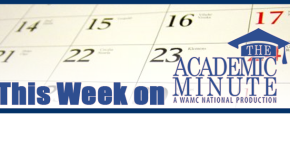
This Week on The Academic Minute (2016.2.1)
This Week on The Academic Minute 2016.2.1 Monday, February 1 Robert Josephs of the University of Texas at Austin determines if hormones are to blame for our unethical behavior. Tuesday, February 2 Joseph Chandler of Birmingham-Southern College delves into whether music can help you fall asleep, and stay asleep. Wednesday, February 3 Avery August of Cornell University will explore…
-
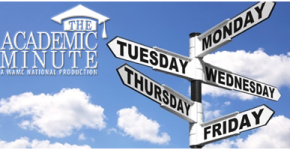
The Academic Minute for 2016.1.25-1.29
Academic Minute from 1.25 – 1.29 Monday, January 25 Janet Rubin – University of North Carolina Chapel Hill Osteoblasts My cell and molecular biological investigations over the last 20 years have been aimed at understanding the control of bone remodeling. In the last several years, we have studied how mechanical forces, including strain, shear and…
-

Kathrin Rothermich, McGill University – Social Communication
There are two levels to any conversation, what is said aloud – and what is not. Kathrin Rothermich, PhD in Cognitive Science; Postdoctoral Fellow at McGill University, examines her research into whether or not you’re hearing the whole story. I studied Linguistics and Educational Science at the University of Leipzig (Germany) and obtained my PhD in…
-

Jonathan Pieslak featured on The Best of Our Knowledge
As always, host Bob Barrett selects an Academic Minute to air during The Best of Our Knowledge. Each week this program examines some of the issues unique to college campuses, looks at the latest research, and invites commentary from experts and administrators from all levels of education. For this week‘s edition (#1323), Bob has selected Dr.…
-
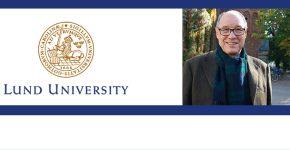
Germund Hesslow, Lund University – Classical Conditioning and the Cerebellum
Classical conditioning may not have worked on Pavlov’s dog if there had been more than one stimulus. Germund Hesslow, professor of neuroscience at Lund University, discusses how multiple stimuli can make each association weaker. Germund Hesslow studied philosophy, psychology and medicine at Lund University in the seventies and eighties and received PhDs in philosophy and…
-
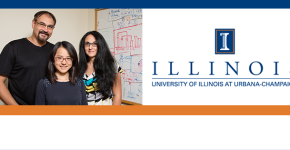
Florin Dolcos, University of Illinois – Anxiety Disorders and Optimism
Our country’s annual medical bill for treating anxiety is huge. Florin Dolcos, assistant professor of psychology at the University of Illinois, delves into a new discovery that may trigger a new treatment for the millions of American suffering from this affliction. Prof. Florin Dolcos is a Faculty Member in the Department of Psychology, a member…
-
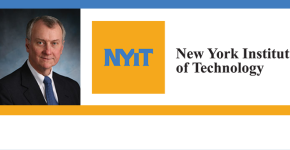
Martin Gerdes, New York Institute of Technology – Heart Failure
Reducing heart failures in the U.S. could save millions of people. Martin Gerdes, professor of biomedical sciences at the New York Institute of Technology, delves into a new treatment that could help us live longer and better lives. Martin Gerdes completed his Ph.D. at the University of Texas Medical Branch at Galveston in 1978 and…
-
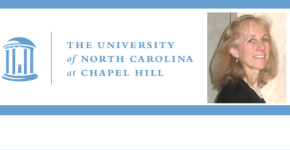
Janet Rubin, University of North Carolina Chapel Hill – Osteoblasts
Hitting the gym can pump up your muscles, and also your skeleton. Janet Rubin, Professor of Medicine, Division of Endocrinology and Metabolism at the University of North Carolina Chapel Hill, explains exercise can determine whether stem cells become bone or fat. My cell and molecular biological investigations over the last 20 years have been aimed…
-

This Week on The Academic Minute (2016.1.25)
This Week on The Academic Minute 2016.1.25 Monday, January 25 Janet Rubin of the University of North Carolina Chapel Hill explores if exercise can help your stem cells turn to bone instead of fat. Tuesday, January 26 Martin Gerdes of the New York Institute of Technology details a new potential preventive treatment for heart failure. Wednesday, January 27…
-

The Academic Minute for 2016.1.18-01.22
Academic Minute from 1.18 – 1.22 Monday, January 18 Adam Arenson – Manhattan College After The Underground Railroad Adam Arenson is an associate professor of history and the director of the urban studies program at Manhattan College. He is a historian of the cultural and political history of slavery, Civil War, and Reconstruction, as well as American cities…
